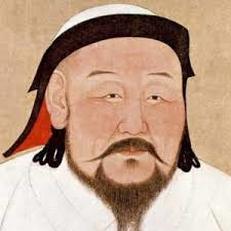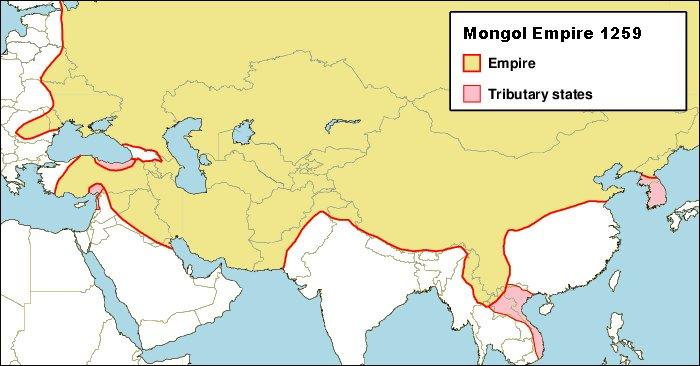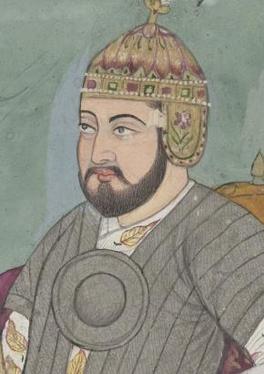Banner Image: An image of two travelers meeting in the desert.
Decline of the Silk Road
“Sensitive pricing and a deliberate policy of keeping taxes low were symptomatic of the bureaucratic nous of the Mongol Empire, which gets too easily lost beneath the images of violence and wanton destruction. In fact, the Mongols’ success lay not in indiscriminate brutality but in their willingness to compromise and co-operate, thanks to the relentless effort to sustain a system that renewed central control.”
-Peter Frankopan, The Silk Roads: A New History of the World


